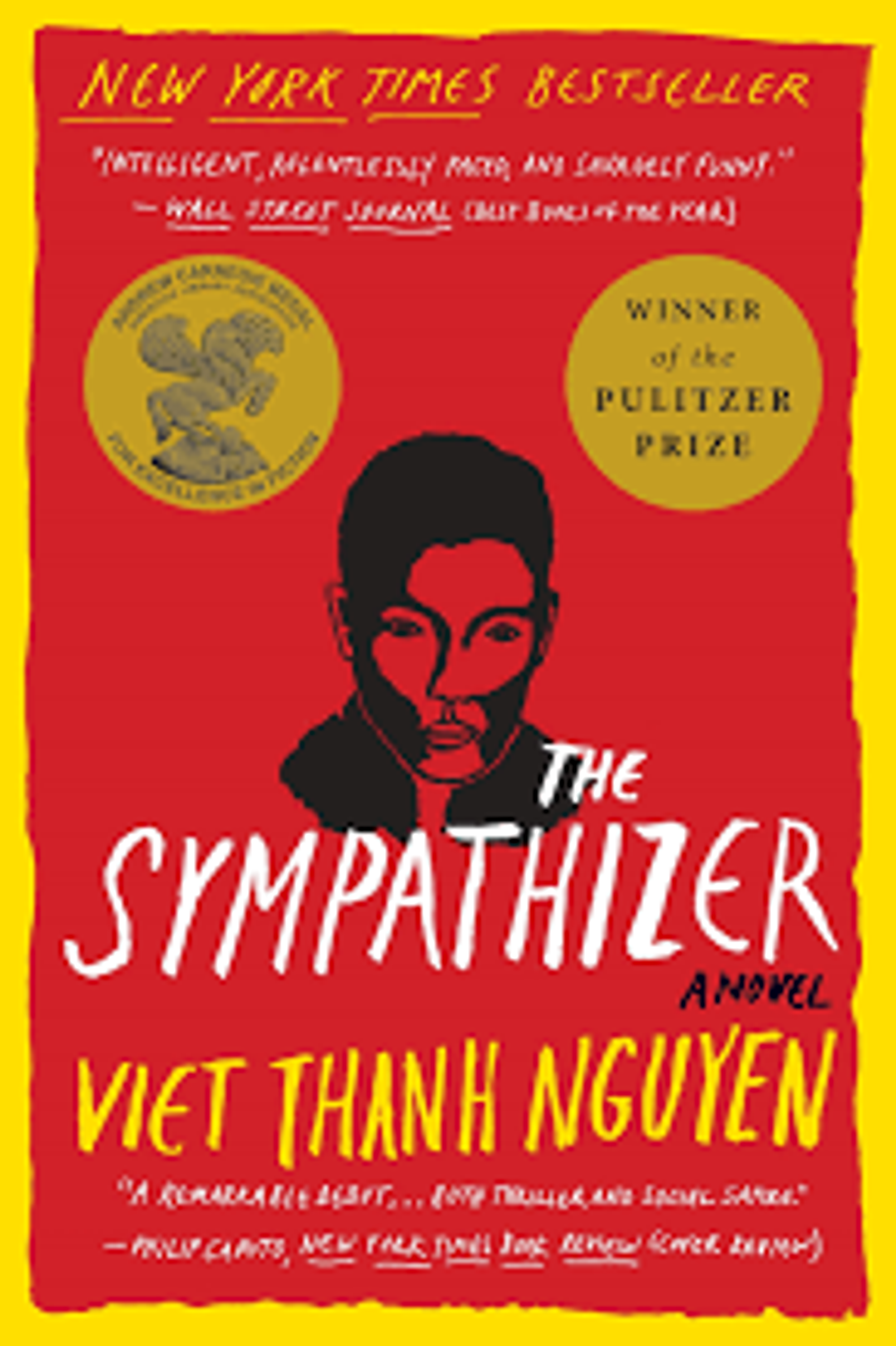- it’s hard to find honest men when men have families to feed
- Your problem isn’t that you think too much; your problem is letting everyone know what you’re thinking.
- We would all be in Hell if convicted of our thoughts.
- The airing of moral doubts was as tiresome as the airing of domestic squabbles, no one really interested except for the ones directly involved
- Remember that the best medical treatment is a sense of relativism. No matter how badly you might feel, take comfort in knowing there’s someone who feels much worse.
- Weapons I professionally admired, but vodka and novels I loved.
- I was in close quarters with some representative specimens of the most dangerous creature in the history of the world, the white man in a suit.
- Isn’t it remarkable that in a communist country money can still buy you anything you want?
- Bon, having decided to die, was finally showing signs of life.
- If something is worth dying for, then you’ve got a reason to live.
- We remain that most hopeful of creatures, a revolutionary in search of a revolution, although we will not dispute being called a dreamer doped by an illusion.
- I had hit him where it hurt, in the solar plexus of his conscience, where everyone who was an idealist was vulnerable. Disarming an idealist was easy. One only needed to ask why the idealist was not on the front line of the particular battle he had chosen.
- No author was immune from having his own ideas and words quoted back to him favorably. Authors were, at heart, no matter how much they blustered or how suavely they carried themselves, insecure creatures with sensitive egos, as delicate in the constitution as movie stars, only much poorer and less glamorous.
This one is not aphoristic but I find it compelling. [This instinct to stand up for the underdog and deflect bullies stands feels like a bright line between people. It confronts fear. It's a fundamentally pure sign and stands in contrast to authoritarian bullies whose are respond to fear with yet even more insecurity. The way a lie cannot stop at just one but multiply geometrically as each new lie creates new holes requiring the putty of even more lies to plug them.]
- Perhaps I could blame youth for my friendship with Bon. What drives a fourteen-year-old to swear a blood oath to a blood brother? And more important, what makes a grown man believe in that oath? Should not the things that count, like ideology and political belief, the ripe fruit of our adulthood, matter more than the unripe ideals and illusions of youth? Let me propose that truth, or some measure of it, can be found in these youthful follies that we forget, to our loss, as adults. Here was the scene of how our friendship first became established: a football pitch of the lycée, myself a new student surrounded by older, taller ones, the prancing steeds of the school. They were about to repeat a scene rehearsed by man from the dawn of time, the moment when the strong turn on the weak or the odd for sport. I was odd but I was not weak, as I had proven against the village comedian who called me unnatural. Although I had beaten him, I had also been beaten before, and I prepared myself for a losing fight. It was then that another new boy unexpectedly spoke out in my defense, stepping forward from the ring of voyeurs and saying, This isn’t right. Don’t single him out. He’s one of us. An older boy scoffed. Who are you to say who’s one of us? And why do you think you’re one of us? Now get out of the way. Man did not get out of the way, and for this he received the first blow, a slap on the ear that sent him reeling. I drove my head into the older boy’s ribs and knocked him down, landing astride his chest, from where I commenced to land two blows before his fellow oafs hurled themselves on me. The odds were five-to-one against me and my new friend Man, and even though I fought back with all my heart and rage, I knew we were doomed. All the other schoolboys surrounding us did, too. So why, then, did Bon jump forth from that crowd and take our side? He was a new boy who was as big as the older boys, true, but even so he could not beat them all. One he slugged, another he elbowed, a third he rammed, and then he, too, was brought down by the horde. So they kicked us, and hit us, and beat us, and left us bruised, bloody, and elated. Yes, elated! For we had passed some mysterious test, one that separated us from the bullies on the one side and the cowards on the other. That very night, we snuck out of our dormitory and made our way to a tamarind grove, and under its boughs we cut our palms. We mingled our blood once more with boys we recognized as more kin to us than any real kin, and then gave one another our word…A pragmatist, a true materialist, would dismiss this story and my attachment to it as romanticism. But the story says everything about how we saw ourselves and one another at that age, as boys who knew instinctively that their cause was to stand up for the weaker. Bon and I had not talked about that incident in a long time, but I sensed that it was in his bloodstream as well as mine as we sang songs from our youth on the way to our destination at the Roosevelt Hotel.
